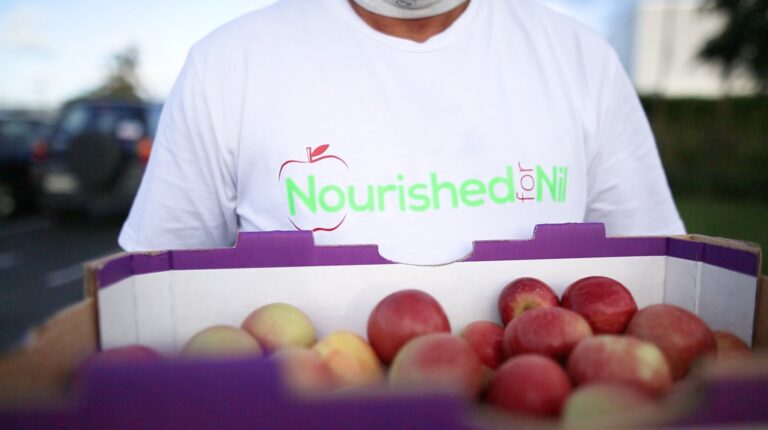Financial security is top of mind for most Kiwis this year, as the cost of living continues to bite. And the same can certainly be said for charities and community groups.
Increasingly under pressure as government contracts are renegotiated (or lost altogether), operational costs rise, grants are harder to find and donors tighten their belts, a number of local organisations are turning to Hawke’s Bay Foundation to help them manage their income.
“When we meet with community organisations, we hear again and again that fundraising has never been more competitive,” says Alesha Hope, Executive Officer, Hawke’s Bay Foundation. “For some, Hawke’s Bay Foundation has become a port in the storm, helping to create a stable, ongoing income stream through a dedicated fund, rather than relying solely on annual grants or fundraising campaigns.”
The turbulent funding landscape is just one reason that over the past year, a record 11 new funds have been created under the Hawke’s Bay Foundation umbrella. Some of our region’s best-known organisations have enjoyed the benefits of established community funds for many years – Nourished for Nil, and Te Mata Park Trust, for instance – and more recently, the Foundation has welcomed newcomers like Rural Support Trust, too.
Then there are the funds established to provide ongoing support and governance to private and family trusts. Alesha says the elevated public profile of Hawke’s Bay Foundation is another reason for the swing towards the model. “There’s been a shift in mindset. We’ve had strong local media coverage and are active within the community we serve. We’re seeing boards and trustees ask smarter questions about sustainability, and many are now seeing an endowment-style fund as a critical part of that strategy. And we’ve had many conversations with charities who understand that Hawke’s Bay Foundation is well-positioned to help secure financial wellbeing and support that strategy.”
Hawke’s Bay Foundation’s fund model preserves capital, carefully investing every dollar as part of the Foundation’s total endowment. “Perhaps the community is beginning to really see the value in pooling resources for the greater good,” Alesha notes.
It’s not just community organisations driving growth – individual and family donors are increasingly choosing to establish named funds as part of their estate planning or in lieu of setting up a separate private trust. Sometimes these donor-led funds are tailored to support a special cause, or a geographic location. The Foundation provides the legal, investment and governance framework, removing the burden of administration. “One fund we now look after, the Robert France Trust, came to us a result of the trustees wishing to retire, but wanting to ensure that the fund remained in safe hands.”
Another factor in the mix is the changing regulatory landscape. Under the Incorporated Societies Act 2022, thousands of organisations will need to re-register by April 2026, with stricter rules on governance, constitutions, and compliance. For some, particularly those with long-established committees or modest membership, the new regime might prompt questions about succession planning. “Transferring assets into a Hawke’s Bay Foundation fund can be a practical and dignified way to preserve the organisation’s original purpose, without the stress of legal and accounting admin.”
All signs point to the view that Hawke’s Bay Foundation has matured into a dependable strategic partner for philanthropy. “It’s encouraging,” says Alesha, “and it’s also a huge privilege. We’re talking to local trusts who are looking to sustain their important community work, but also individuals giving back through a named fund, and we’re adapting to suit different needs.
“We are very happy to have a chat with any entity, person, or family trust looking at managing their generosity in a way that benefits all of Hawke’s Bay.”

